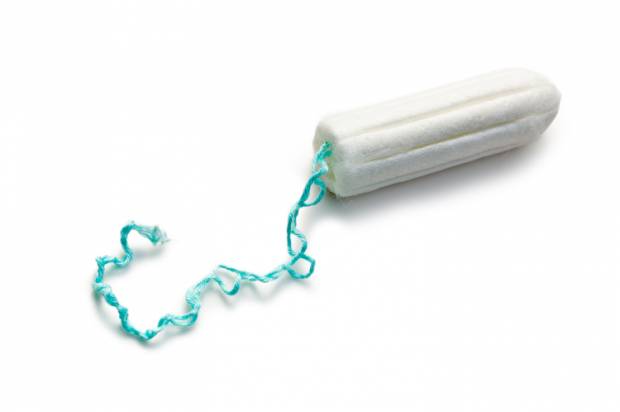The film Period. End of Sentence won the Oscar last year. Freweini Mebrahtu won the CNN Hero of the Year award for 2019. Why has the year 2019 began and ended with discussions of periods? Why is there a culture of disgust around a biological act that all of us with functioning female reproductive systems have to deal with?
Most women are raised with this cultural stigma against periods. Like it’s gross, icky, weird or wrong. You never want to talk about it with boys or even your dad unless you have to. You walk into “that aisle” in the store and you grab whatever brand your mom has always bought and you try to leave whatever store you are in like a secret agent hoping that nobody your know is there. But at the same time fourteen year old you is desperate to start her period so that she can be a grown woman because you know that you are an adult when you start your period.
In western culture, a lot of the stigma around periods comes from Christianity. The phrase “the curse of Eve” is one that anyone with a period has heard. In the Old Testament, it states that a woman is unclean when she is on her period.
The truth of the matter is that until recently education, politics and media were mostly a male-only club. A club that needed to deal with menstruation but did not know much about it, because of the shame that has been placed on women because their body does something “icky” once a month. Men don’t know how to talk about something that they have never dealt with. It’s easier to make fun of something you don’t understand than to sympathise with it.
While in the United States women are raising their voices and teaching the men in their communities about menstruation. That their period is a natural process that their body goes through. For some, they are by discussing their cycle, free bleeding during a marathon, or just educating.
In other parts of the world, women don’t have the same amount of agency as men do, and cultural practices and superstitions prevent women from discussing their periods. Luckily in 2019, we are realising that, while we may not agree with how our politics are, that we are lucky to live in a country where a natural process does not inherently keep those who have periods from an education, work, or a life outside the home, and we are willing to help those who are trying to change the culture for women in other countries.
If you are interested in helping in the United States there is an organization called Helping Women Period that helps collect period products for homeless and low-income women.
Because, truth be told, having a period while not bad or wrong is expensive. By choosing to keep one’s period blood contained costs money, for me personally between $5 and $15 dollars a month depending on the type of product and where I shop for them. Many women do not have the extra money for these products and this is where many problems lie.



























